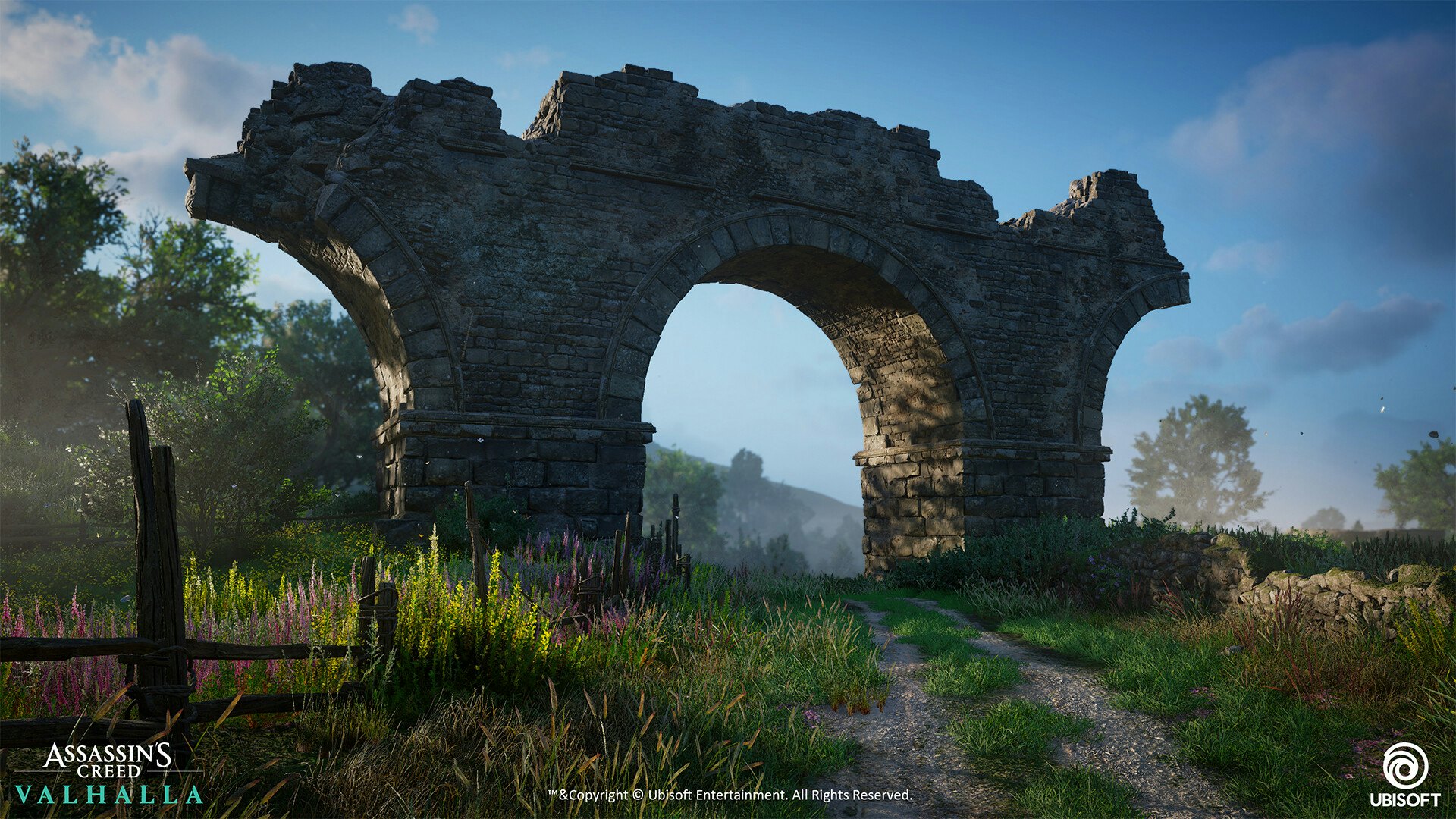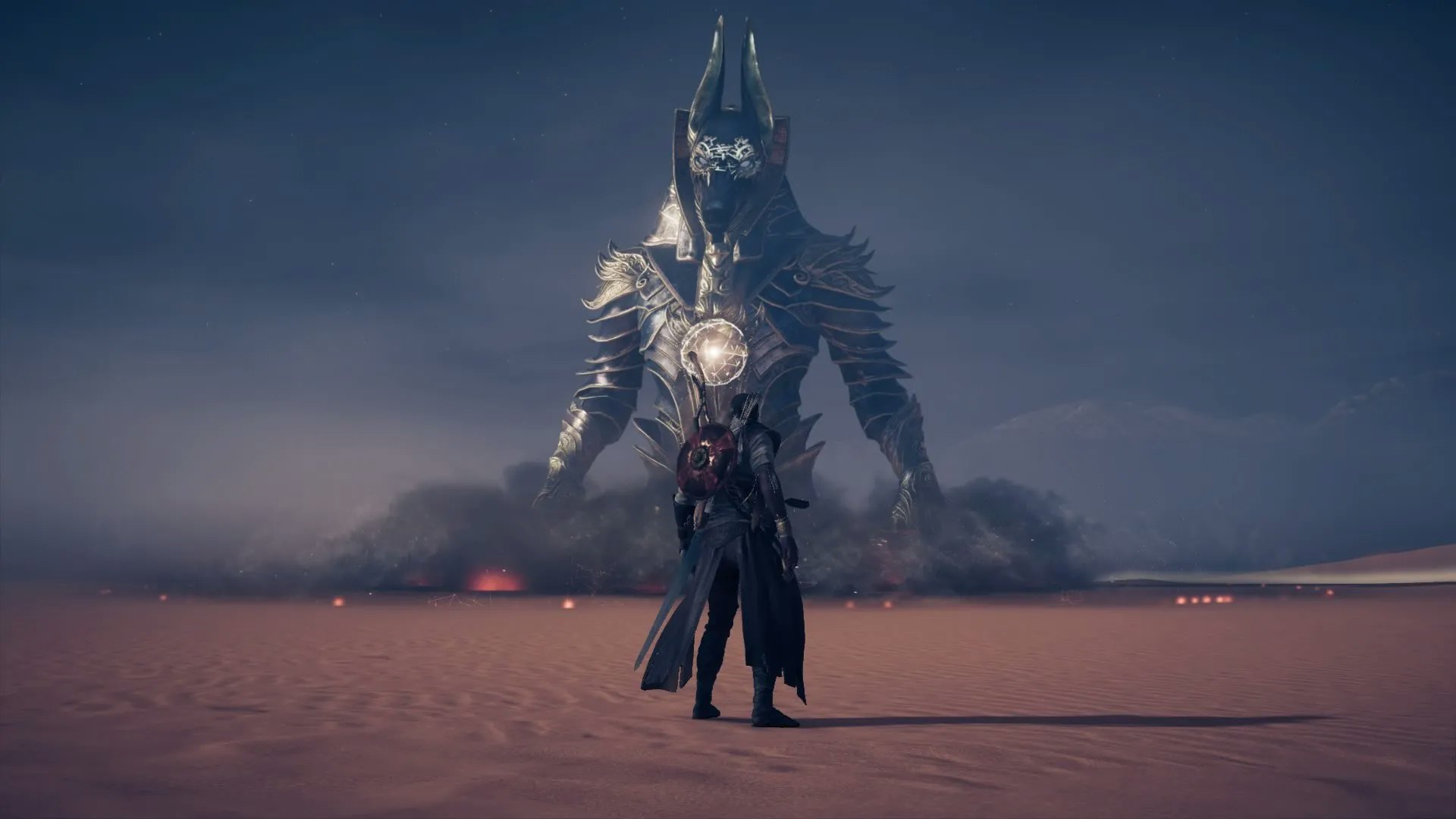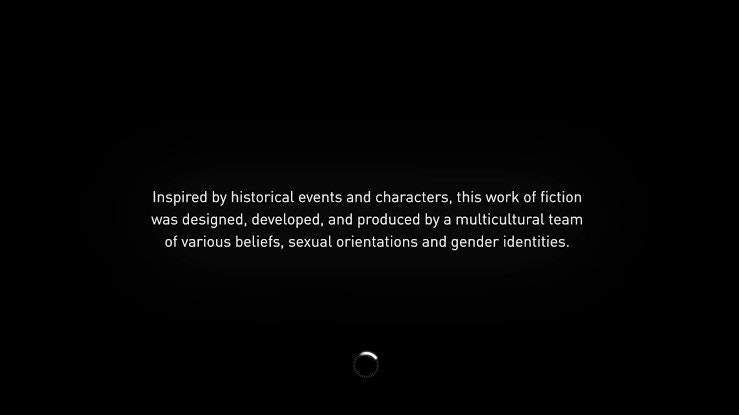
The Assassin’s Creed game everyone wanted for over a decade has been marred in a nonsense controversy since its two lead characters were revealed earlier this year. Centering an African-born lead in a game set during feudal Japan is a great way to set Assassin’s Creed Shadows apart from other excellent games that have already explored this era. Instead, it's become a lightning rod for some of the worst people on the internet looking to turn fake outrage into cash and content.
Rather than ignore ignoramuses who claim Shadows’ Black protagonist is part of a larger, sinister diversity effort in gaming, developer Ubisoft Quebec acknowledged these fraudulent concerns in a recent statement. While the developer isn’t changing course from its decision to split the game’s narrative between Japanese shinobi Naoe and African samurai Yasuke, it practically handed those bad actors a fake victory in a culture battle that doesn’t exist in the first place.
In a tweet published Tuesday, Ubisoft apologized vaguely over the use of “some elements” in the game’s promotional materials. The apology was clearly about the use of a Japanese historical re-enactment group’s flag in concept art. According to the group known as Sekigahara Teppo-tai, the developer used the flag without permission. They asked that the developer remove the flag from its game to which Ubisoft rightfully agreed.

The team then addressed the game’s “creative liberties and historical inspirations.”
“While we strive for authenticity in everything that we do, Assassin’s Creed games are works of fiction inspired by real historical events and figures,” the statement reads. “From its inception, the series has taken creative license and incorporated fantasy elements to craft engaging and immersive experiences.”
The statement is basically Ubisoft Quebec tapping the sign that has preceded the start of every Assassin’s Creed game since 2007, explaining what makes Assassin’s Creed tick. Why the team decided to do this at all is puzzling. From the preservation of Roman architecture across England in Assassin’s Creed Valhalla to the portrayal of living Egyptian gods in Assassin's Creed Origins, the series has always been at the crossroads of both fantasy and a skewing of historical events. After all, this is a series that implied Thomas Edison was a conniving Templar and that Adam and Eve were human-alien hybrids. “Creative liberties” and alternative takes on history is Assassin’s Creed’s entire thing.

Ubisoft then addressed the controversy around its Black protagonist. “While Yasuke is depicted as a samurai in Assassin’s Creed Shadows, we acknowledge that this is a matter of debate and discussion,” the statement reads. “We have woven this carefully into our narrative and with our other lead character [...] who is equally important in the game.”
Even for those allegedly concerned over Shadows’ historical accuracies, well-versed scholars have repeatedly been on the side of the team's creative decisions. Japanese historians like Yu Hirayama have shared evidence of Yasuke’s status as a samurai under Oda Nobunaga some 400 years ago despite no definitive answer to his place in history.
The complaints that Ubisoft is seemingly addressing have never been about anything but frustration over seeing a Black person featured prominently in a place they say he doesn’t belong. So much so, that they constantly seem to forget about the Japanese protagonist that Yasuke is sharing the spotlight with.
To Ubisoft’s credit, both the development team and the company’s top brass have been unwavering in their support of the team’s creative decisions. Ubisoft CEO Yves Guillemot strongly denounced those harassing developers involved in the game. The game’s executive producer called out Elon Musk for “feeding hatred” after accusing the game of injecting “DEI” into the game. In Tuesday’s statement, it once again asked people not to go after developers.

But by issuing this weird, non-explanation for the very normal creative decision to tell its version of a popular historical figure’s story, Ubisoft only lent legitimacy to bad faith complaints seeped in racism. The vocal minority didn’t take issue with the many historical inaccuracies of the series past. For nearly two decades, they seemed perfectly satiated by a prompt telling them Assassin’s Creed is “inspired by historical events and characters,” not painstakingly recreating them. But these gamers launched a cultural battle once they knew they’d occasionally have to step into the shoes of a Black figure in Japan.
Ubisoft didn’t have to explain its creative decisions. It shouldn’t spoon-feed obvious answers to a delusional movement based on bigotry. But it did. And by doing so, it’s validated a straw man argument bolstered by people who have no zero interest in the quality of the game and the simpletons who’ve decided to fall for their grift. Instead of smothering it with logic and standing firmly by its artistic vision, Ubisoft has needlessly poured gasoline onto a smoldering fire. And now, the most annoying trolls on the internet will likely never shut up about it.







